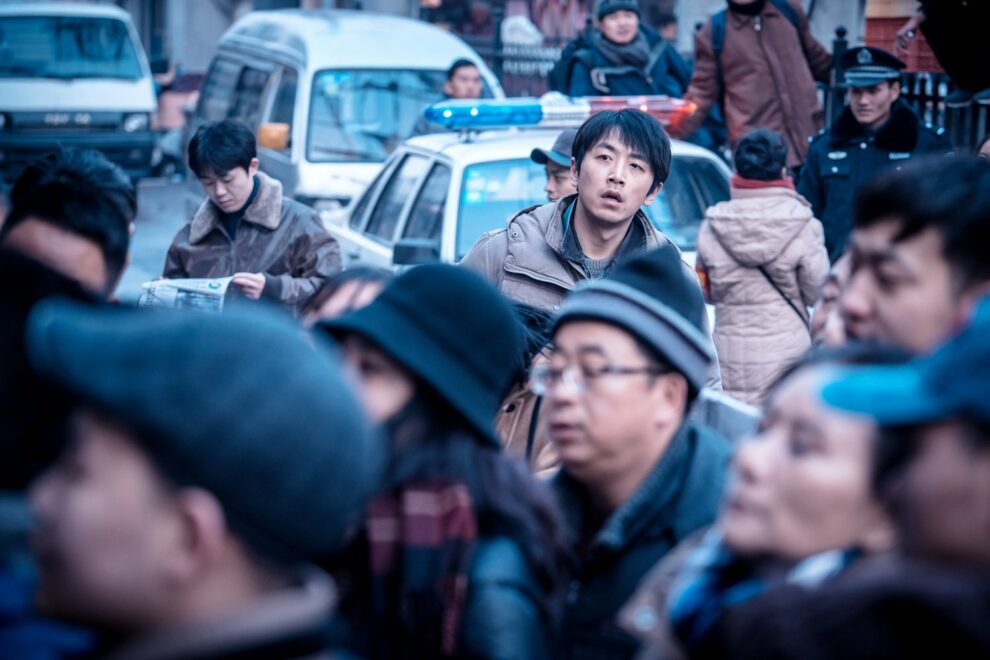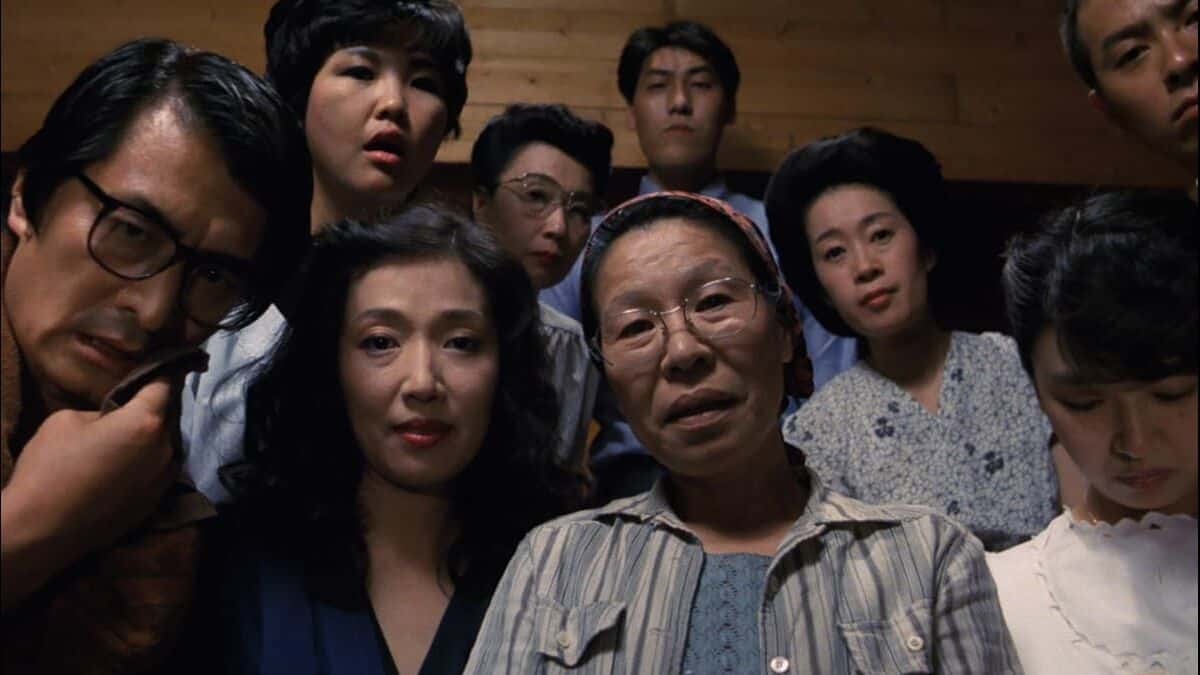The “Best is Yet to Come” is based on the life of Han Fudong, a young journalist who exposed the fact that the social stigma against people suffering from hepatitis B in China was actually indoctrinated in the system. Considering that the sickness is endemic in China, and that in 2003 around 100 million people had it, the story resulted in a scandal which also made its author a kind of a star reporter in the country. The movie however, focuses more on his story up to that point.
“The Best is Yet to Come” is screening at Asian Pop Up Cinema

In that fashion, it begins by showing Han Dong, the protagonist, a high school dropout, trying to get an interview at a newspaper in a job fair, but being completely neglected due to his lack of credentials and experience. The life of both him and his girlfriend, Xiao Zhu, is quite hard after coming to Beijing from the factory in the country where they both worked. She is living in a rundown basement of the mannequin manufacturing company she works for while he is sharing an apartment with Zhang Bo, an old friend who is there to study in college. Finally, and with a lot of luck, Han Dong is offered an internship at Jingcheng Shibao newspaper, after being spotted by senior reporter Huang Jiang, who had upvoted one of his articles in a relevant forum some time ago. Although there is no money involved and no promise of the internship turning into a permanent job, when Han Dong stumbles upon a scheme involving forging blood tests in order for people to hide they are Hepatitis-B positive, his fate changes. Eventually, though, he finds himself between success and morality.
Wang Jing directs a film that makes a rather pointed comment about how various aspects of the Chinese system actually work, or at least worked in 2003. The racism regarding the particular disease and the fact that companies and various employers had people taking medical exams before hiring them even for office jobs is the central one, but actually, one among many. The deaths of miners in a coal town and the way the company and local authorities handled the accident is at least as significant (while also giving us the chance to watch Jia Zhangke, producer of the movie, acting). The way journalism works, particularly regarding the front pages is also in the spotlight, while the occasionally inhumane work and living conditions, especially of the people who live illegally in Beijing, gets its own share in the story, cementing the rather rich context of the movie. In that regard, Huang Jiang's character emerges as one of the most well-written and implemented in the narrative, also benefiting the most by the great performance of Songwen Zhang in the role. Furthermore, Han Dong emerges as an idealistic young man who is willing to go to extremes to become a reporter and keep his integrity, and this part is portrayed adequately, especially since Bai-Ke is quite good in the role.
The problem, however, comes when Wang Jing decides to stray away from these topics and focus on his characters and their interconnecting relations. Han Dong's relationship with his girlfriend, for example, seems like it was written later on in the movie, essentially being completely disconnected from the main narrative, something that also makes Miao Miao's part as the unwaveringly dedicated woman quite awkward. His relationship with Zhang Bo is also problematic, since it is presented very briefly despite its significance in his initial catastrophe, while the “speech” that makes him change his mind, both in context and in delivery, is essentially, without impact. Again, Yang Song suffers in the role due to the writing.
The same actually applies to his relationship with the man who runs the blood “donation” business and his daughter, which is the beginning of a somewhat melodramatic aspect that actually appears throughout the movie, and particularly close to the end. The sequences of the floating pen and the newspaper later on are also unnecessary, concluding the “clutter” in the film. As such, and despite the overall fitting mid-tempo, Matthieu Laclau;s editing emerges as problematic, as the movie is filled with unnecessary scenes.
On the other hand, Nelson Lik-wai Yu's cinematography is excellent, with him highlighting the various rundown locations most of the story takes place in with artistry and realism, also assisted by the overall excellent coloring.
Despite the aforementioned issues, which mostly have to do with the writing actually, “The Best is Yet to Come” emerges as a movie that is equally important, realistic in its sociopolitical comments, and easy to watch.















